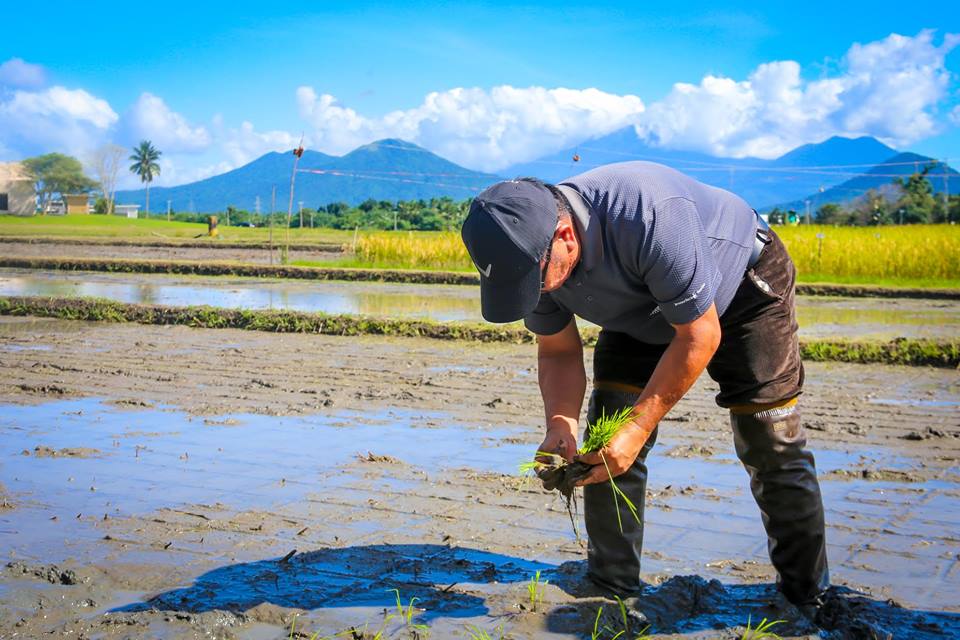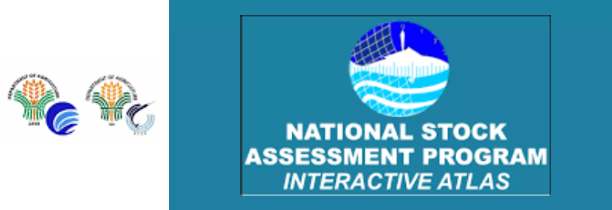
Press Statement of Secretary Emmanuel F. Piñol
December 21, 2016
The Philippines acquired the right to impose quantitative restrictions (QR) on rice as a result of the Uruguay Round of multilateral trade negotiations that led to the establishment of the World Trade Organization (WTO) in 1995. Under the Agreement on Agriculture’s Special Treatment for Rice under Annex 5, the QR allows the Philippines to regulate and restrict rice imports entering the country beyond the minimum access volume (MAV) or in-quota. The volume of the MAV then was 238,940 m.t. with an in-quota tariff of 50%. The primary reason for availing of this flexibility is the need to prepare the Philippine rice sector, particularly the small farmers, to be competitive under a liberalized trading regime. It would have expired in 30 June 2005.
The Philippines, however, successfully negotiated a seven-year extension of the QR under this Special Treatment provision in the Agreement or up to 30 June 2012. As compensation for the support of interested parties for a consensus in the WTO for this extension, the rice MAV was increased to 350,000 m.t. at 40% tariff and also included some tariff concessions in other non-rice products of particular interest to these interested parties.
As the Philippine rice sector continued to remain uncompetitive, the QR was again negotiated to be retained, this time through a waiver that was also successfully negotiated to allow continuance until 30 June 2017. The negotiations with interested parties resulted in the MAV increasing to 805,200 m.t. at 35% tariff (also the ASEAN rate), the maintenance of previous non-rice concessions as well as a few more tariff lines of interest to negotiating partners. These concessions would revert to their 2012 levels after the expiry of the waiver or by 01 July 2017 by virtue of the EO that also effected these concessions.
While certain quarters have called for the tariffication of the QR, the Department of Agriculture is of the position that it should be extended for at least another two years to allow this Administration’s support programs to firmly take root and set the sector on the proper path of sustained self-sufficiency at competitive levels. Exposing the sector, particularly the small rice farmers, to unbridled international competition from heavily subsidized exporters will cost the country huge social and economic consequences.
As the vast majority of our small rice farmers whose average cost of palay production per kilo is about PhP 12.00, they would lose motivation to remain tilling the fields and competing with foreign farmers such as the Vietnamese whose average cost of palay production per kilo is approximately half at Php 6.00.
We also see the supposed benefits of full liberalization such as cheaper rice for all consumers as temporary. With many Filipino farmers flocking to the urban areas to find other means of livelihood and those who are unable to compete with cheaper imported rice shifting to other jobs, domestic rice production will drop and the country will be increasingly dependent on rice imports. We expect this to quickly exert pressure on rice demand in the thinly traded international markets and steadily increasing international prices. We may actually end up with higher rice prices of which we have no control or influence.
Another concern is the impact of climate change around the world. All our traditional and even prospective new suppliers are just as vulnerable to climate change impacts and rice, being highly dependent of water, is particularly most vulnerable. If we do not decisively develop our rice sector to a high enough level of resiliency and sustained sufficiency, a policy of dependence on rice imports will later pose even more challenging food security issues. Even if we have the foreign exchange resources to buy from the international market, there may not be enough as international supplies become increasingly vulnerable to climate change impacts on exporters.
An important consideration is also the asymmetry of obligations and disciplines in international trade: importers, once they have liberalized stay liberalized with open markets; exporters do not have any obligation to export and can in fact impose export taxes, restrictions and export bans without fear of sanctions and disciplines in the WTO.
Whether the rice QR is extended or allowed to expire, the Department of Agriculture is determined to support the rice sector as the cornerstone of the country’s food security policy. Some of the major initiatives are already initiated or are about to be established:
⦁ A major push to enhance innovation through increased support to rice science and technology as well as close coordination with the LGUs in revitalizing the national and local extension service systems;
⦁ Putting more science on the ground and in the hands of farmers by starting with the basics – the roll-out of the recently completed color-coded guide maps that contains most of the detailed and location-specific information of importance to agriculture such as soil crop suitability, natural hazards, among others;
⦁ Completion of the rural infrastructure program, particularly the farm to market roads network, within the term of this Administration;
⦁ Massive support to farm mechanization to further lower the cost of production, increase efficiency and vastly improve agility in adjusting to extreme climate episodes;
⦁ Initiation of the President’s Masaganang Ani 6000, a comprehensive rice production support initiative that targets attaining an average yield of 6 m.t. per hectare with high technology.
We are optimistic that with the support of the President and Congress, we will be able to put in place the necessary programs, whose benefits and sustainability will go beyond the term of this Administration, that will finally put us on the path to sustained food security for the country and a more progressive rice sector. # # # (DA)
EMMANUEL F. PIÑOL
Secretary













